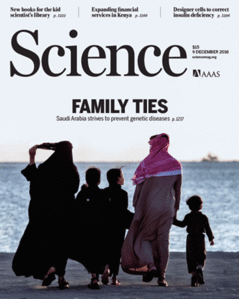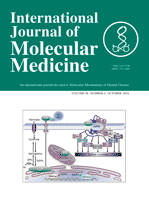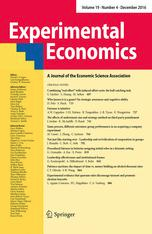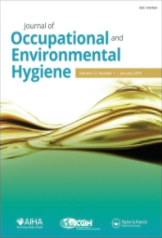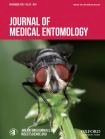 The first author of a 2016 paper has retracted it after realizing that all the lung cancer patients that were supposed to have been untreated did, in fact, have surgery to remove their tumors.
The first author of a 2016 paper has retracted it after realizing that all the lung cancer patients that were supposed to have been untreated did, in fact, have surgery to remove their tumors.
Zhao Kai, the study’s first author from the Qilu Hospital of Shandong University and Zibo Central Hospital (both in China), took full responsibility for the error.
Here’s the retraction notice, published last month in Genetics and Molecular Research: Continue reading Oops: Supposedly untreated cancer patients had surgery, after all
